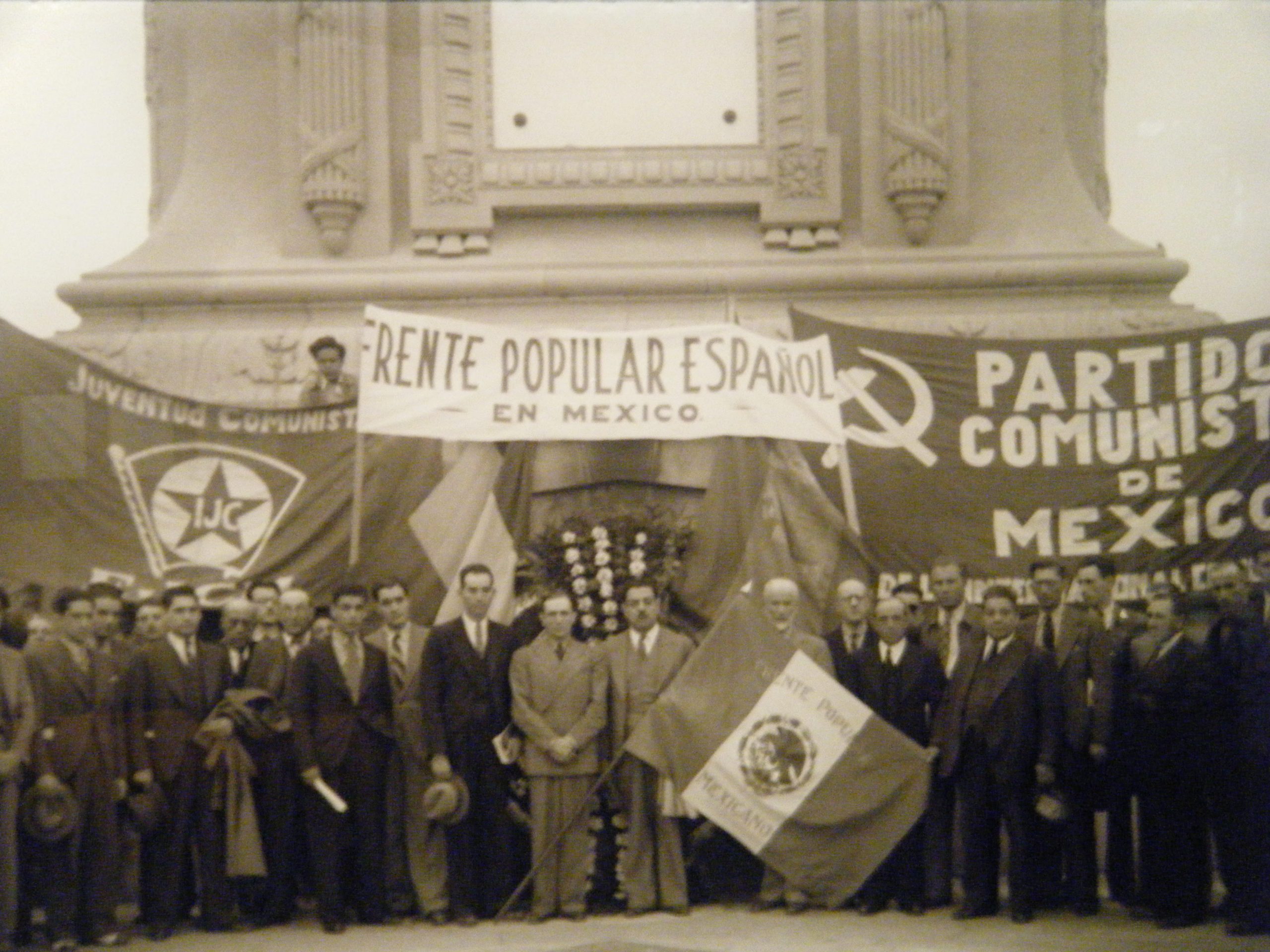Revolutionary Encounters: Race, Ideology, and Exile in Mexico and Spain
Kevan Aguilar
History
UC Irvine
My book manuscript, “Revolutionary Encounters: Race, Ideology, and Exile in Mexico and Spain,” examines the social and political relations that emerged between Mexican laborers and Spanish political refugees between 1939 and 1959. Following the collapse of the Second Spanish Republic (1931-1939) and the ascension of the fascist dictatorship of Francisco Franco in 1939, Mexico provided asylum for over 20,000 political refugees fleeing the ravages of the Spanish Civil War (1936-1939). The initiative marked the first and only time in world history that a formerly colonized nation granted political asylum for inhabitants of its imperial metropole. As Mexican campesinos and workers navigated, defined, and challenged the parameters of their country’s social revolution (1906-1940), their acceptance or rejection of Spanish exiles depended on their communities’ historical relationships to land, radical thought, and the Mexican state. This book therefore documents the interactions between Mexicans and Spanish refugees in rural refugee settlements as well as urban centers to determine how such encounters altered popular conceptions of race, class, and citizenship in the aftermath of two of the twentieth century’s most significant social upheavals—the Mexican Revolution and the Spanish Civil War.

